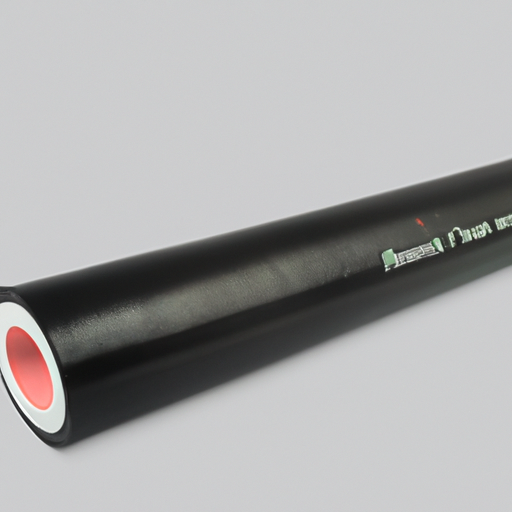
SBD-SWHF-M Heat Shrink Marker Sleeve: Core Functional Technologies and Application Development Cases
Heat shrink marker sleeves made from advanced fluoropolymer materials such as PTFE (Polytetrafluoroethylene), FEP (Fluorinated Ethylene Propylene), PFA (Perfluoroalkoxy Alkane), and PVDF (Polyvinylidene Fluoride) are integral to a variety of industries. Their unique properties enable them to perform effectively in challenging environments. Below, we explore the core functional technologies and notable application development cases for these materials.
Core Functional Technologies
| 1. Chemical Resistance | |
| 2. Temperature Stability | |
| 3. Low Friction Coefficient | |
| 4. Electrical Insulation | |
| 5. Non-stick Properties | |
| 6. Flexibility and Shrinkage | |
| 1. Aerospace and Defense | |
| 2. Medical Devices | |
| 3. Automotive Industry | |
| 4. Oil and Gas | |
| 5. Food Processing | |
| 6. Telecommunications |
Application Development Cases
Conclusion
The integration of PTFE, FEP, PFA, and PVDF in heat shrink marker sleeves provides significant advantages across diverse industries. Their exceptional properties—chemical resistance, temperature stability, electrical insulation, and non-stick characteristics—make them essential in applications ranging from aerospace to medical devices. As technology evolves, the potential for new applications continues to grow, driving innovation and enhancing the performance of critical systems. The ongoing development of these materials will likely lead to even more advanced solutions in the future.




